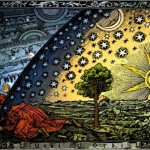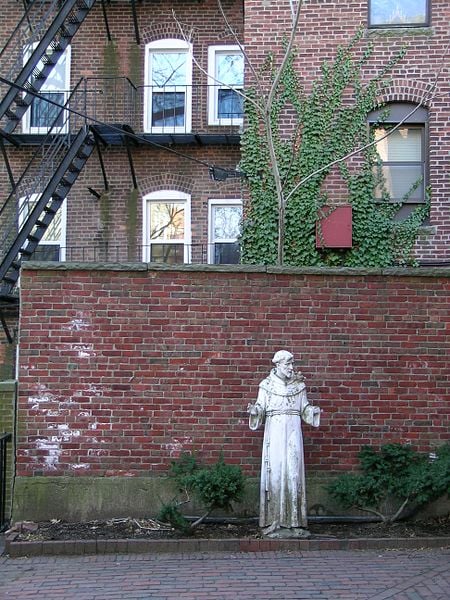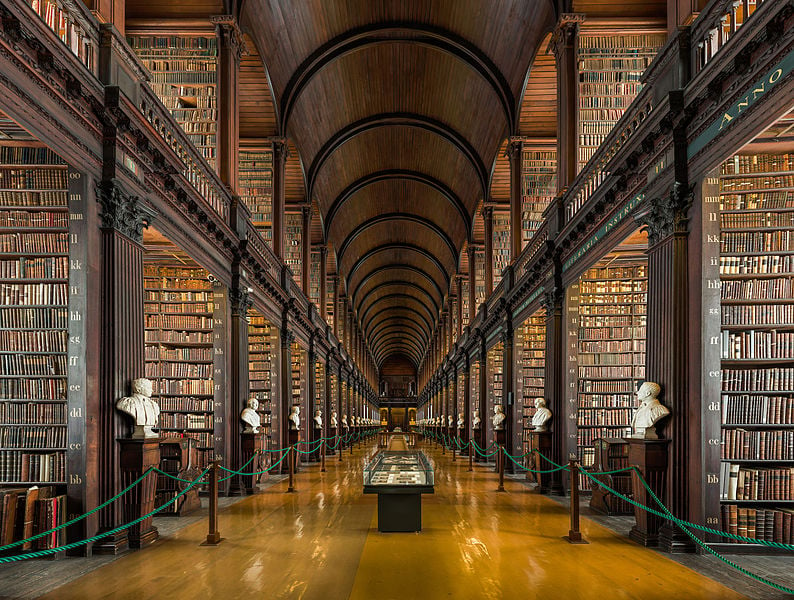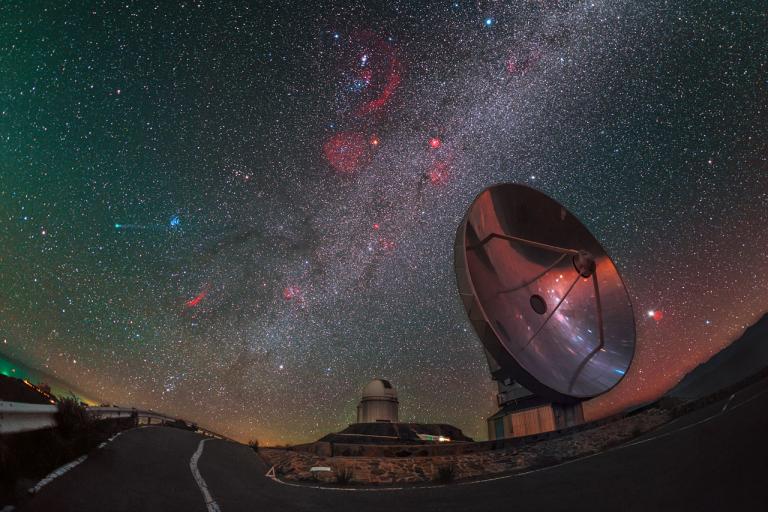David Russell Mosley
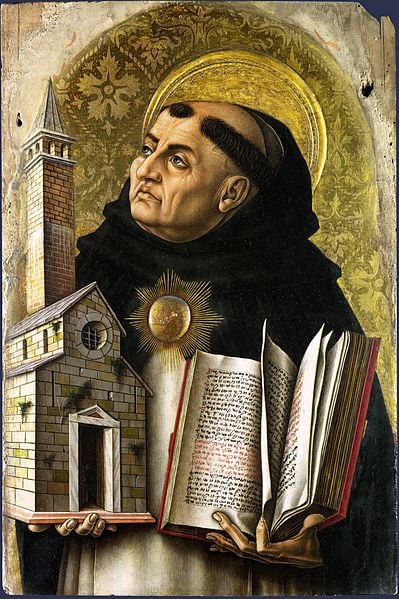
Title Saint Thomas Aquinas
Date 15th century
(Public Domain)
Ordinary Time
St. Ignatius
The Edge of Elfland
Hudson, New Hampshire
Dear Readers,
Sorry for the radio silence lately. Last week I was first preparing for the Patristic, Medieval, and Renaissance Conference at Villanova, which I attended this past weekend. I hope to write about my experience there this week, but today I want to draw your attention to something else. Not long ago, Fr. Aidan Kimel at Eclectic Orthodoxy invited me to write a post for him. Well, I finally did and he has generously posted it today. I wrote on the relationship between the Five Ways by Thomas Aquinas and deification. Make sure you check it out. Below is a sample to whet your appetite.
Sincerely,
David
The first of Five Ways is often called the argument from motion, though argument from change might be better. Aquinas argues that it is obvious that things move (and by move he does not simply mean locomotion, moving from one place to another, but also change, moving from one state to another, like moving from potentiality to actuality). Everything moves and everything that moves is put into motion by something outside of itself. Aquinas argues, however, that we cannot have an infinite regress. That is, we cannot say that there are an infinite number of movers going back into eternity. The reason there can’t is because if nothing starts the process then the process can never start. Think of it this way: consider the birth of an elephant. What made this elephant capable of being born is that its parents too were born, and so were their parents, and so were their parents’ parents, and so were their parents’ parents’ parents, and so on. However, if this went on into infinity then the baby elephant with which we began could never have been born, for there were no first elephants (or elephant like creatures) to serve as its greatest possible elephant ancestor. Evolutionary biology actually plays this out with the argument that all species derive from a common ancestor. There had to be a first something to crawl out of the primordial ooze to serve as the first parent to the rest of us. Similarly, God serves as the first mover, but in order to be first, he must, unlike everything else, be unmoved. Now, I’ve belabored the point here for this very reason, even the first speck to procreate in the primordial ooze came from something, it was moved, worked upon by outside forces. God is different. He is not worked upon by outside forces, he is unmoved and yet is the cause of all motion. God is qualitatively different from creation in the fact that he is not only the first mover in the series, but is himself unmoved (otherwise he could be first), that is, he is also outside of the series altogether. He is other than we are.


